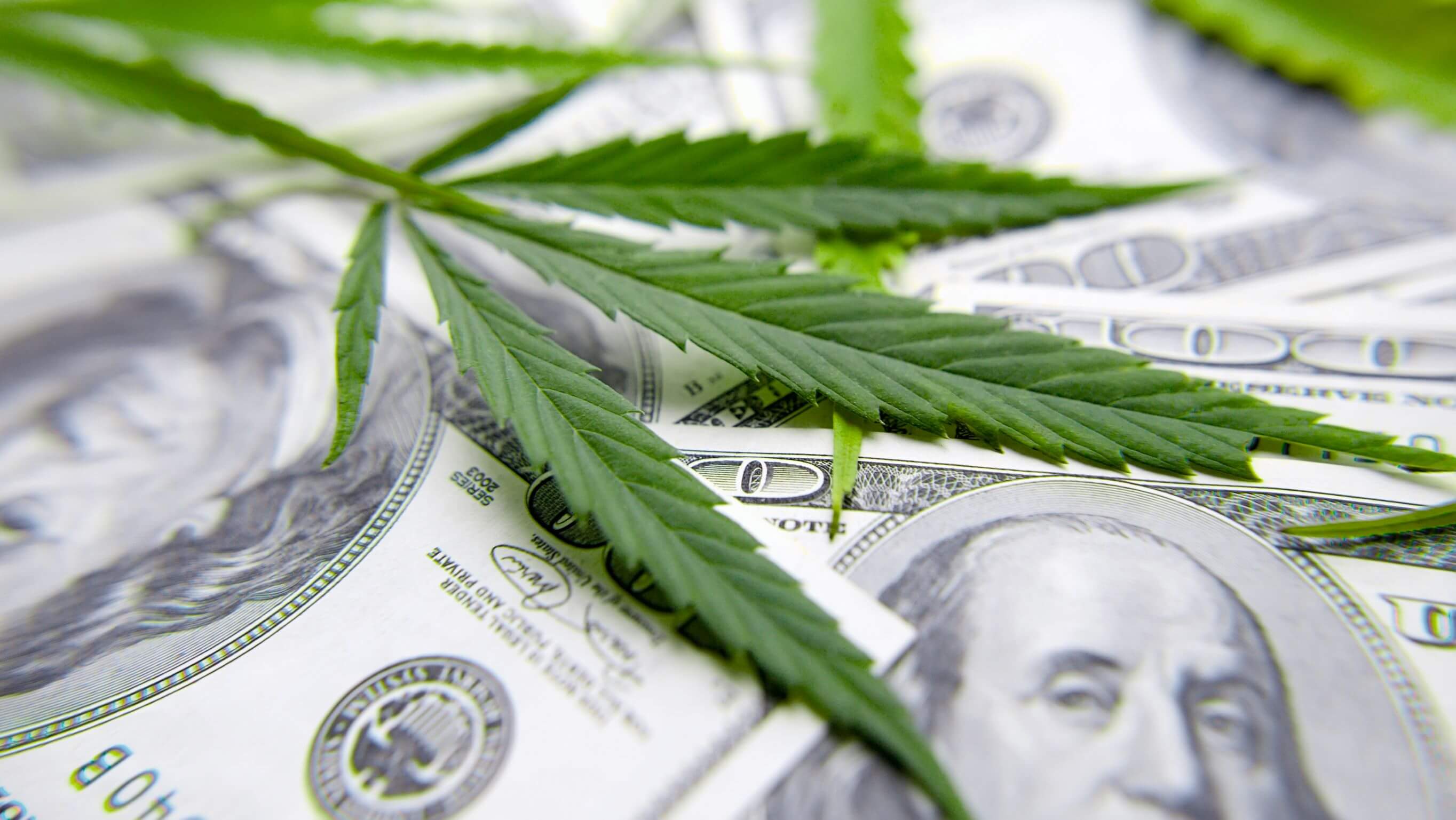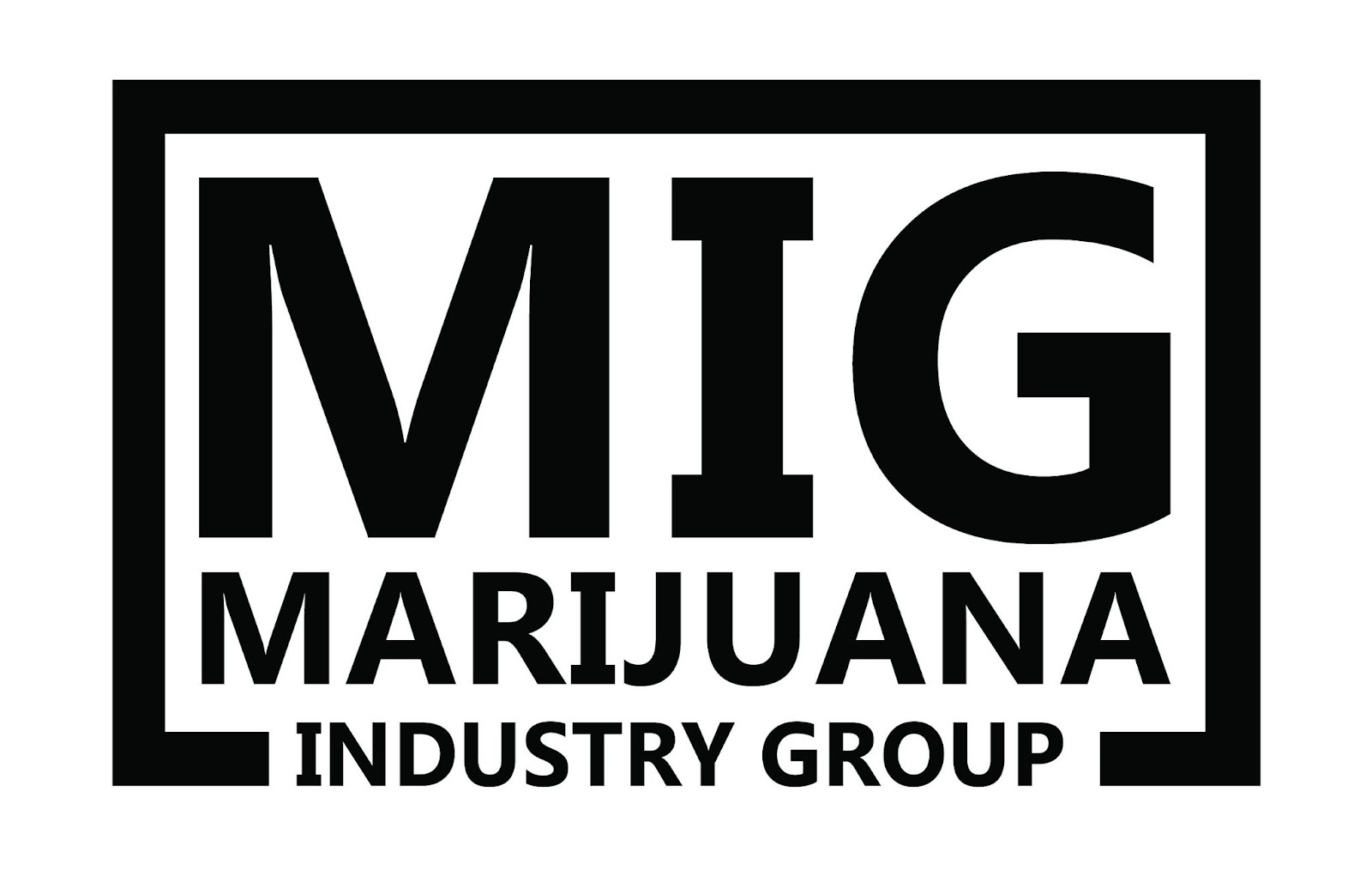Resources
Colorado state tax revenue from the legal cannabis industry surpassed $2 billion in January and the state has collected more than $88.7 million in fees.
In addition to state and local taxes and fees, cannabis businesses have an effective federal tax rate of about 70% – compared to about 26% for other businesses.
Did you know Colorado legal cannabis dispensary owners are unable to deduct normal business expenses like payroll and rent from their federal income taxes?
Marijuana has contributed over $320 Million dollars to Building Excellent Schools Today (B.E.S.T.), making up about 25% of the program's entire budget.
In FY 21-22 alone, nearly $15.3 million in state cannabis dollars went to state Affordable Housing Grant and Loans.
The Marijuana Tax Cash Fund collected $188.8 Million in FY 2021-22 alone.
In FY 21-22 alone, nearly $15 million in cannabis dollars went to the School Health Professional Grant program.
More than $15 million in cannabis dollars went to substance abuse treatment in FY 21-22.
More than $1.6 million cannabis dollars went to the Tony Grampsas Youth Services Program in FY 21-22.
Voters in 59 of 64 Colorado counties voted no on Proposition 119 sending a clear message against raising taxes on cannabis consumers.
Unlike other legalized substances, the marijuana industry has a 97% compliance rate for unauthorized sales.
Unlike alcohol, research has proven you can only get “so high.” Cannabinoid receptors in your brain eventually prevent the body from getting further intoxicated.
Did you know? Since legalization in 2005, teen use in Colorado has remained flat and is below the national average.
According to a recent poll by the Pew Research Center, more than 90% of Americans think cannabis use should be legal.
Did you know? MIG represents more than 400 cannabis business licenses across the state.
A 2021 study found that medical cannabis use was associated with clinical improvements in pain, function, and quality of life with reductions in prescription drug use.
Founded in 2010, MIG is the oldest and largest trade association for licensed cannabis businesses.
Colorado’s marijuana model has become the example for all other regulated cannabis states, and MIG works directly with policy makers to ensure that Colorado’s program is fair, tightly regulated, safe, and successful.
Safe Sales: Every marijuana sale in CO takes place on camera and requires multiple ID checks.
All regulated marijuana in Colorado is tracked from “seed to sale,” with oversight from the Marijuana Enforcement Division.
Established in 2010, MIG has led legislation for child resistant packaging, customer safety resources, and purchase restrictions for 18-20 year olds.
Marijuana is taxed at both state and local levels. This year Aurora built a new $34 Million dollar rec center, fully funded by local marijuana taxes.
The marijuana industry suffers from unfair Federal tax rules, which means that MIG members’ effective tax rates are around 71%.
A 2019 study showed that crime does not increase with legalization.
Conditions for medical marijuana
Cancer - Glaucoma - HIV or AIDS - Cachexia - Persistent muscle spasms - Seizures - Severe nausea - Any condition for which a physician could prescribe an opioid - Autism Spectrum Disorder - Severe pain - PTSD
Most marijuana businesses have access to banks, but because marijuana is still federally illegal, businesses are unable to access merchant processing services such as VISA or Mastercard.
Consuming higher potency marijuana does not lead to higher levels of impairment.
-- Journal of the American Medical Association (JAMA) 2020
71% of Colorado voters favor marijuana legalization. This has increased 10 points in the last four years alone.
Marijuana Industry Group comments on Pulling My Spark Tax Initiative from the ballot
MIG Press Release
FOR IMMEDIATE RELEASE:
Sept 09, 2022
Contact: Truman Bradley
303-588-2297
Truman@MarijuanaIndustryGroup.
Marijuana Industry Group comments on Pulling My Spark Tax Initiative from the ballot.
Pulling this measure off the ballot is a major win for small businesses and affordable housing programs that Denver residents rely on. A broad coalition of social equity advocates, education and community leaders, and cannabis businesses, patients, and consumers came together prepared to defeat a flawed ballot measure. My Spark would have increased Denver’s sales taxes on marijuana by nearly 50% and would have seriously harmed the funding source for critical city programs such as affordable housing and homeless services which rely on the current stream of marijuana tax dollars. Denver voters rejected a similar initiative last year and we were confident they would this year as well, because voters understand that more taxes and regulations will kill an important industry that supplies thousands of jobs within the city.
In pulling this initiative, proponents clearly recognized that community leaders and voters do not support increased taxes on consumer cannabis and want to protect this critical industry made up of hundreds of small businesses. This is the second time in as many years that campaigns viewing the cannabis industry as a piggy bank for personal projects have lost. Denver voters know this industry is too important to be a target moving forward.
–Tiffany Goldman, MIG Board Chair.









